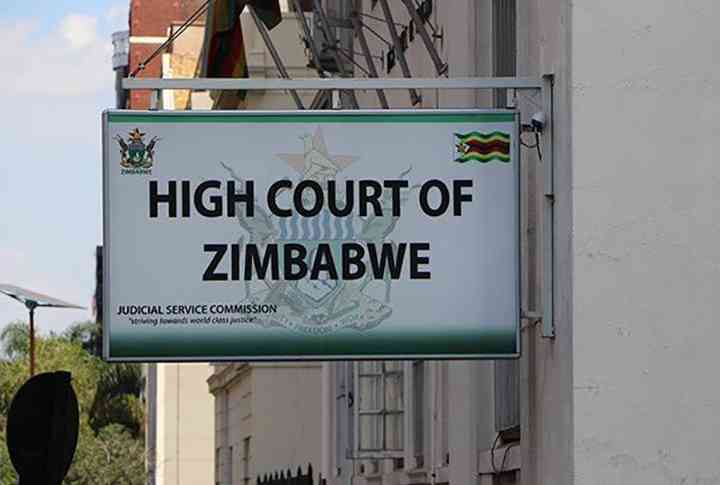
A MASVINGO magistrate has suspended the eviction of hundreds of illegal settlers pending the determination of their High Court appeal against government’s decision to remove them from their homes.
The villagers were on February 7 convicted for illegally occupying State land by magistrate Ivy Jawona, who sentenced them to three months in prison, which were wholly suspended.
Jawona also ordered the villagers to vacate their land within seven days.
The villagers, represented by Phillip Shumba of Zimbabwe Lawyers for Human Rights, filed an appeal on Monday at the Masvingo High Court seeking to stop the evictions.
“Jawona ruled that staying the villagers’ eviction would not prejudice the State, while the rural dwellers would suffer prejudice if their conviction and sentence for unlawfully occupying State land gets overturned by the High Court on appeal,” ZLHR said in a report.
The villagers argued that the magistrate erred and misdirected herself in convicting and sentencing them to serve jail terms for illegally occupying State land because some of them had occupied the land in question for more than 40 years and had effected major improvements to their land.
The villagers want the High Court to overturn their conviction and set aside their sentence and refer their matter to the Constitutional Court to determine the constitutionality of their eviction.
The villagers are arguing that they were allocated land by council, which on its own raised constitutional questions that ought to have moved the court to invoke the provisions of Section 175(4) of the Constitution and refer the matter to the Constitutional Court.
- Fresh land invasions hit Whitecliff
- Pomona cash row escalates
- Border Timbers targets European markets
- SA name strong A side for Zim tour
Keep Reading
They contend that section 3(5) of the Gazetted Land (Consequential Provisions) Act directly infringes on their right to freedom from arbitrary eviction as guaranteed in section 74 of the Constitution.







